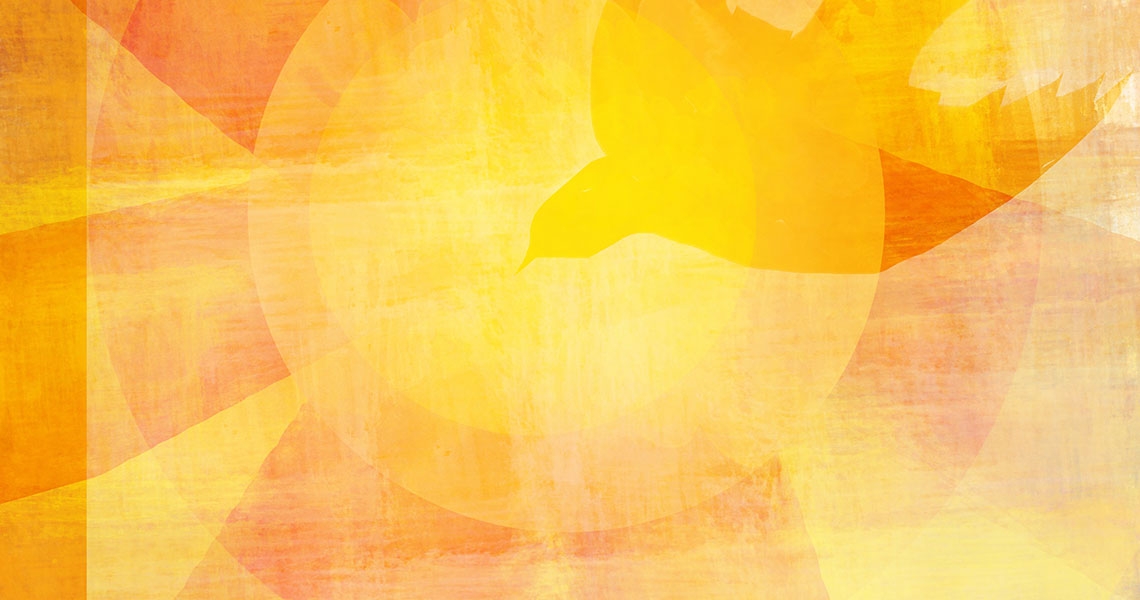
Som vanligt när Stanley Hauerwas är i farten säger han något provokativt -- och något insiktsfullt. Här är ett utdrag om varför evangelikala församlingar håller på att dö ur en intervju. För de av oss som tillhör samfund som på ett eller annat sätt identifierar sig med den evangelikala rörelsen finns ett och annat att grunna på.
I have great admiration for evangelicals for no other reason than they just bring such great energy to the faith and I admire that. But one of the great problems of Evangelical life in America is evangelicals think they have a relationship with God that they go to church to have expressed but church is a secondary phenomenon to their personal relationship and I think that’s to get it exactly backwards: that the Christian faith is meditated faith. It only comes through the witness of others as embodied in the church. So I should never trust my presumption that I know what my relationship with God is separate from how that is expressed through words and sacrament in the church. So evangelicals, I’m afraid, often times, with what appears to be very conservative religious convictions, make the church a secondary phenomenon to their assumed faith and I think that’s making it very hard to maintain disciplined congregations.
I think evangelicalism is destined to die of its own success and it will go the way of mainstream Protestantism because there’s just—it depends far too much on charismatic pastors, and charisma will only take you so far. Evangelicalism is constantly under the burden of re-inventing the wheel and you just get tired. For example, I’m a big advocate of Morning Prayer. I love Morning Prayer. We do the same thing every morning. We don’t have to make it up. We know we’re going to say these prayers. We know we’re going to join in reading of the psalm. We’re going to have these Scripture readings. I mean, there’s much to be said for Christianity as repetition and I think evangelicalism doesn’t have enough repetition in a way that will form Christians to survive in a world that constantly tempts us to always think we have to do something new.
It’s hard for me to generalize. I can’t pretend to be someone that has studied these matters from a sociological point of view—not that I particularly trust sociology—but I do think that Hagel made the comment at one time, “Christians arose in the morning and said their prayers. Now they read the newspaper.” Of course, that’s changing too. They probably look at their smartphone now. But I think that the fundamental habits of the faith have been in decline and that leaves us with insufficient resources to sustain our lives as Christians in a world in which we find ourselves. I think, again, it has to do with the loss of fundamental practices, such as reading the Bible, but reading the Bible, I don’t trust necessarily to me as an individual. I need to read the Bible with other people. And that has pretty much been lost. Let me say in that regard that one of the other things that worries me about evangelicalism is I’m afraid it’s got the Bible and now, and exactly how it is that you reconnect evangelical life with the great Catholic traditions, I think is part of the challenges for the future because you need to read the fathers reading Scripture as part of our common life if we are to sustain a sense that we don’t get to make Christianity up. We receive it through the lives of those who have gone before and that just becomes crucial for us to be able to survive in which we find ourselves.







